With spring now upon us, Adelaide Zoo’s Giant Pandas are signalling they are within days of their highly anticipated annual breeding season.
The veterinary and keeping teams are finalising preparations as all physiological and behavioural signs indicate Wang Wang and Fu Ni are close to their 36-hour breeding window.
A reproductive specialist from the China Conservation and Research Centre for the Giant Panda will arrive in the state shortly to help support breeding season activities.
As the season begins, Adelaide Zoo staff will be supported by reproductive fertility scientists who will analyse daily urine samples to determine the peak of Fu Ni’s oestrous cycle.
Zoos SA Chief Executive Elaine Bensted said the Giant Pandas were displaying behaviour that indicated they were very close starting the breeding season.
“Over the last couple days, Fu Ni and Wang Wang’s activity levels have increased and they are showing typical breeding season behaviours like pacing, scent-marking and tree climbing,” Elaine said.
“Fu Ni’s window of fertility is extremely short and only lasts about 36 hours, so we are prepared to work around the clock and maximise the chances of having a positive result.
“As Giant Pandas have such unique reproductive biology, it can be particularly difficult for a panda to become pregnant.
It’s even more difficult to confirm whether there is a pregnancy, and achieve a subsequent birth, but we are ready to do all we can to give them every opportunity needed.
“Wang Wang and Fu Ni arrived at Adelaide Zoo nearly nine years ago, and 2018 marks our fifth genuine attempt at an artificial insemination. Every year we learn much more about panda breeding, and we are excited to be closer than ever to achieving our goal of welcoming a Giant Panda cub to Adelaide,” Elaine said.
Adelaide Zoo Senior Veterinarian Dr Ian Smith said while natural mating was preferred for breeding pandas, the team would do everything possible to help the pair journey into parenthood.
“We would prefer natural breeding between Wang Wang and Fu Ni, but we’ll also use artificial insemination as we have done previously to increase our chances of a successful pregnancy,” Ian said.
“Last year’s artificial insemination procedures went well and we’re pleased it confirmed Wang Wang’s semen is of a high quality.
“Artificial insemination plays a big part in Giant Panda captive breeding around the world due to the species’ unique reproductive biology, but unfortunately it doesn’t guarantee a pregnancy or birth.
“There is a chance that Fu Ni was pregnant in the past and miscarried, but the complicated reproductive biology presents challenges in confirming this.
“What we’re undertaking at Adelaide Zoo is valuable research which will continue to improve global understanding of panda reproduction and improve our chances of success.”
External support teams will be on hand to assist Adelaide Zoo during the process.
“Reproductive specialists at Repromed are stepping in to help us pinpoint the exact time of ovulation through analysing Fu Ni’s urine samples,” Ian said.
“Once we see the peak in Fu Ni’s levels of oestrogen and an increase in progesterone, we’ll know she has recently ovulated and if we haven’t had a natural mating, we’ll move forward with artificial insemination.”
With less than 1,864 Giant Pandas living in the wild, Wang Wang and Fu Ni are powerful ambassadors for their species and since arriving in Australia they’ve played an important part in international Giant Panda conservation and research.








